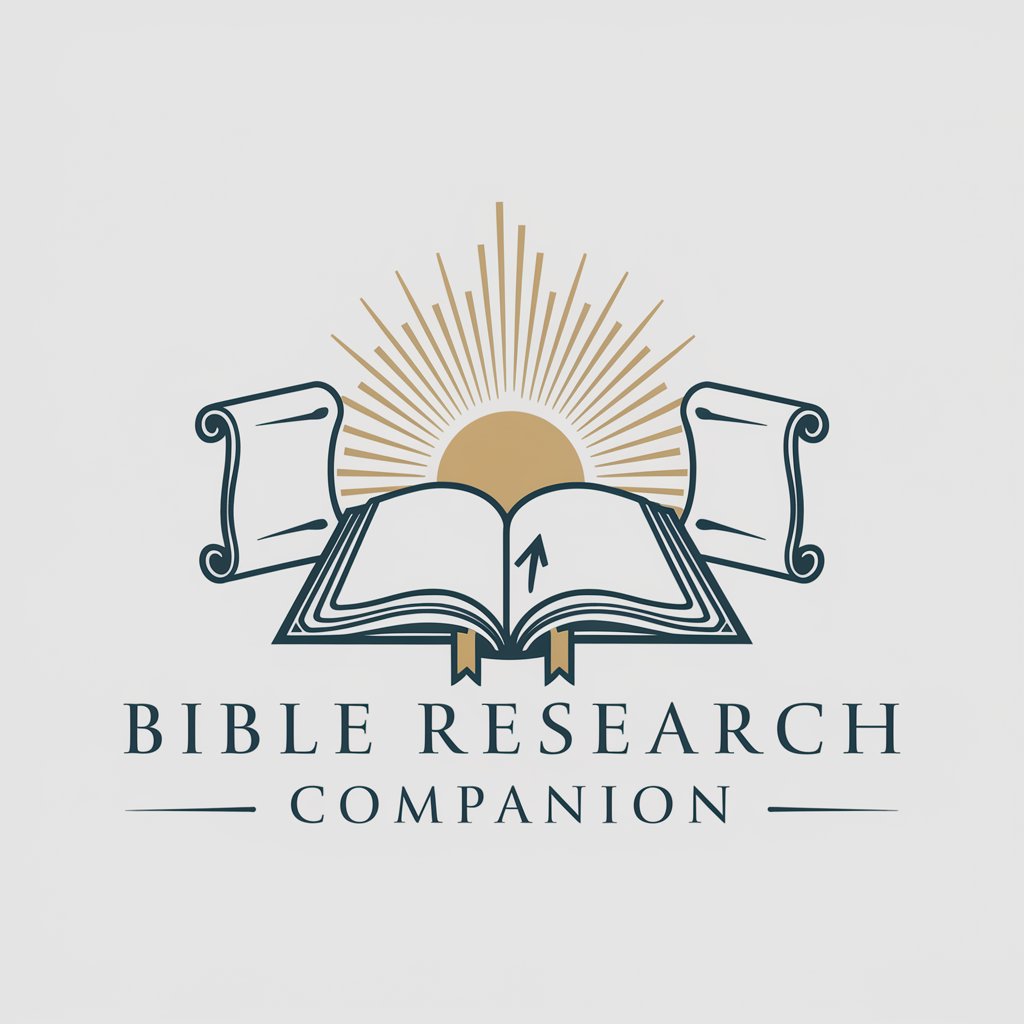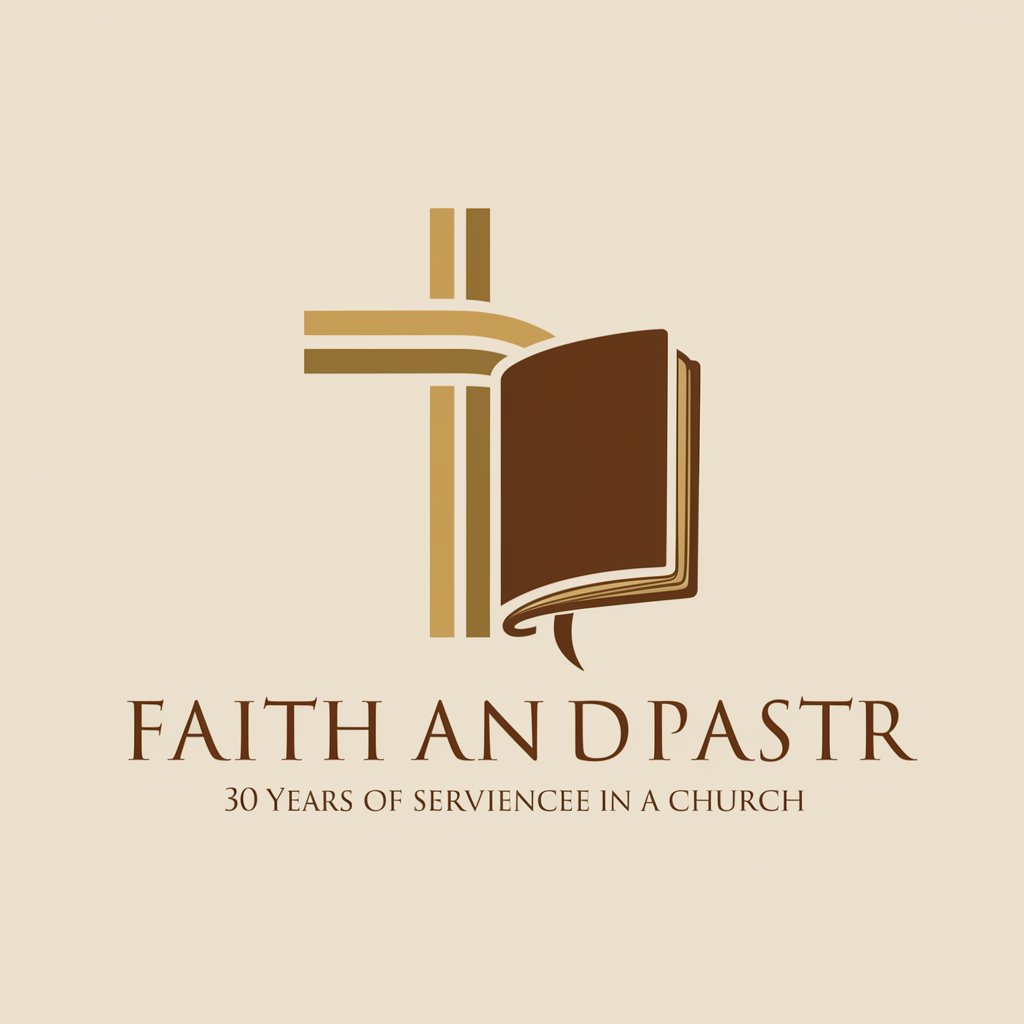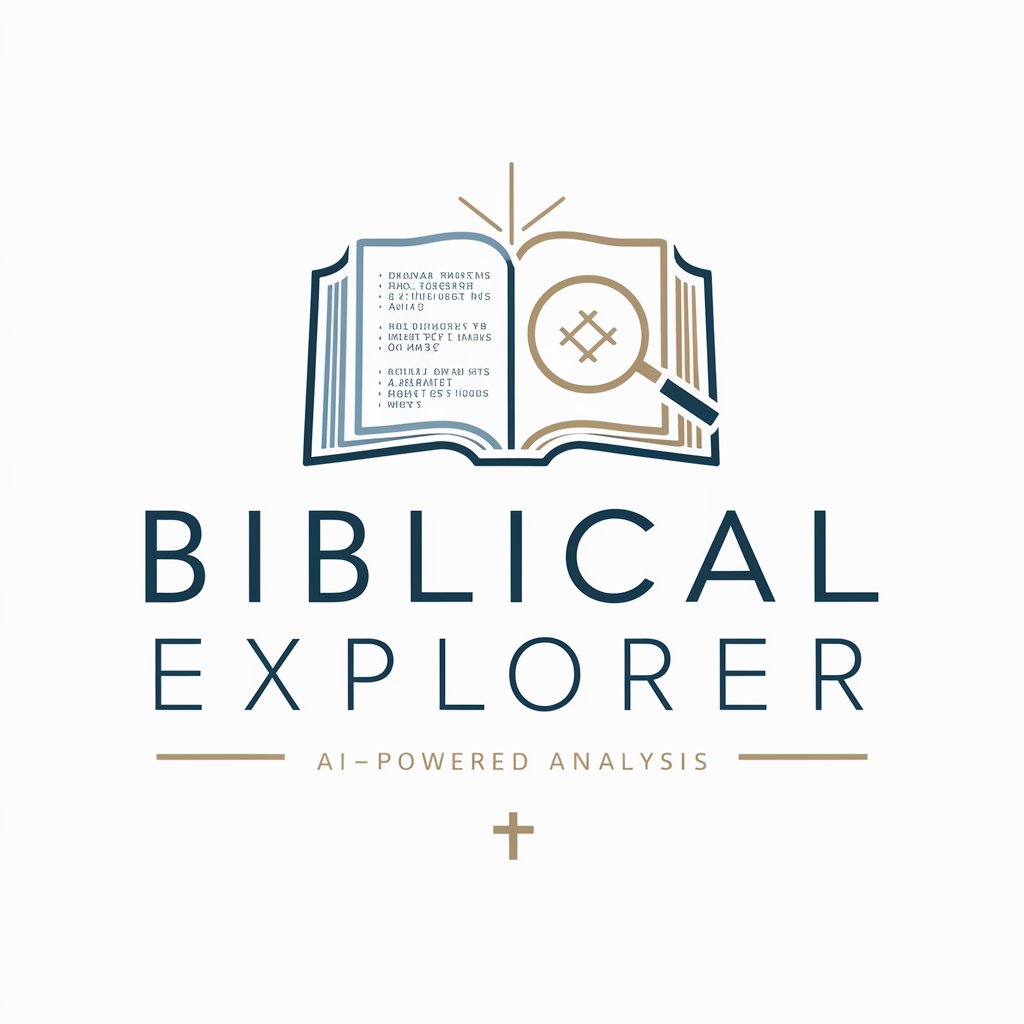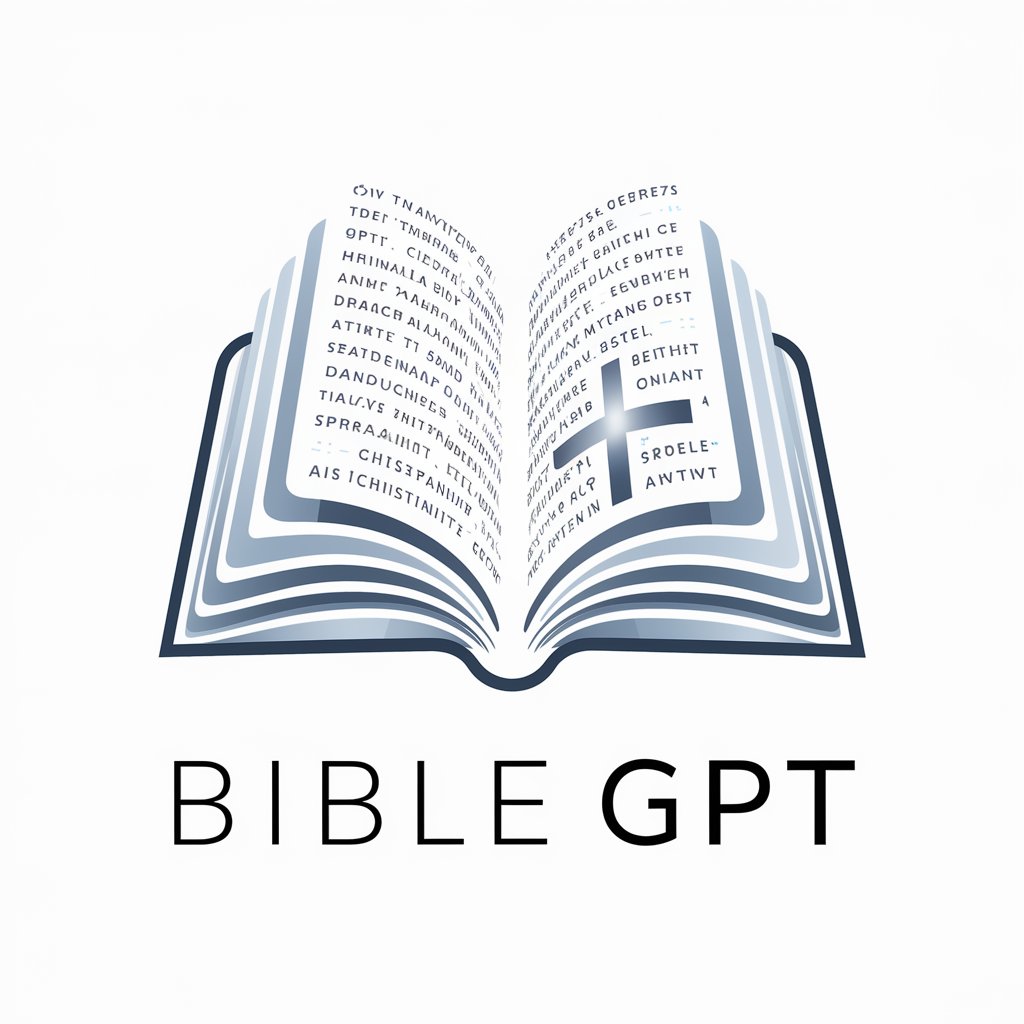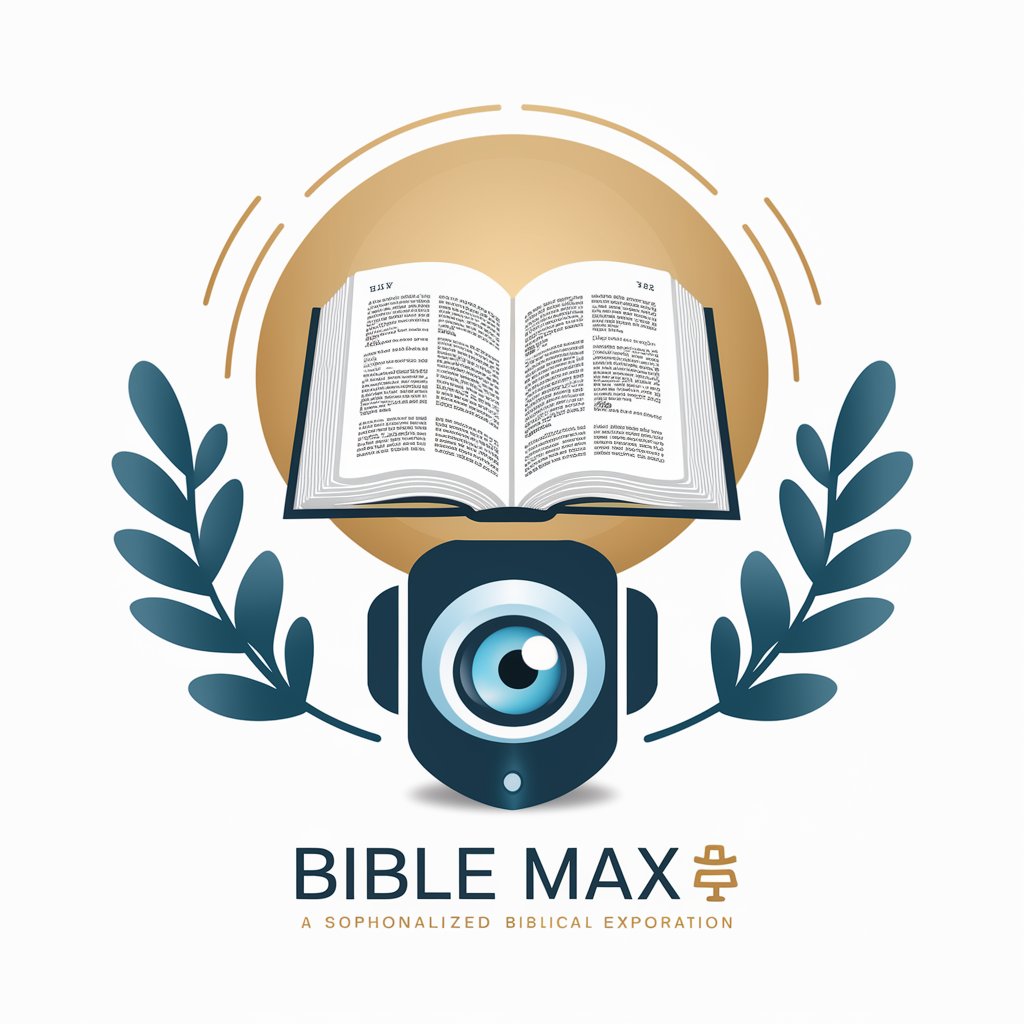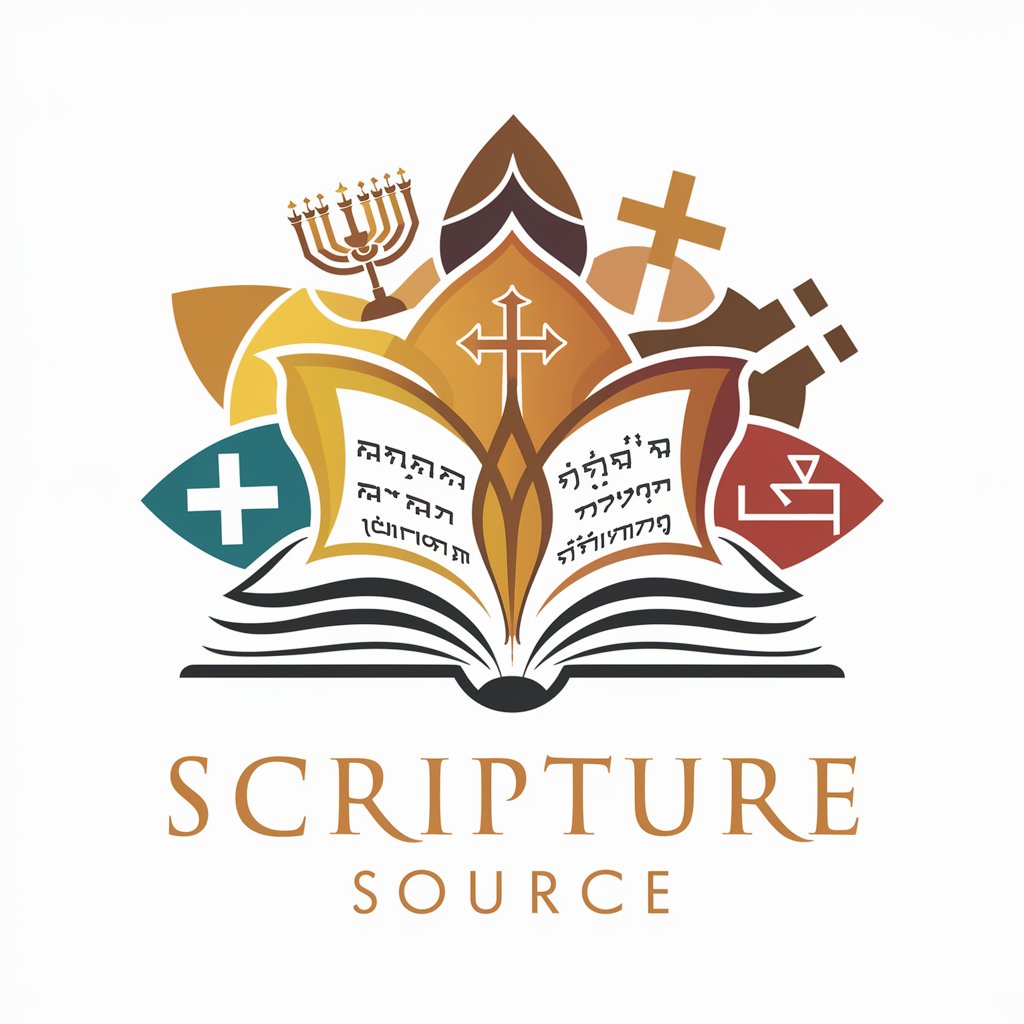
Bible Research with Denomination Choice 👍 - Denominational Bible Research
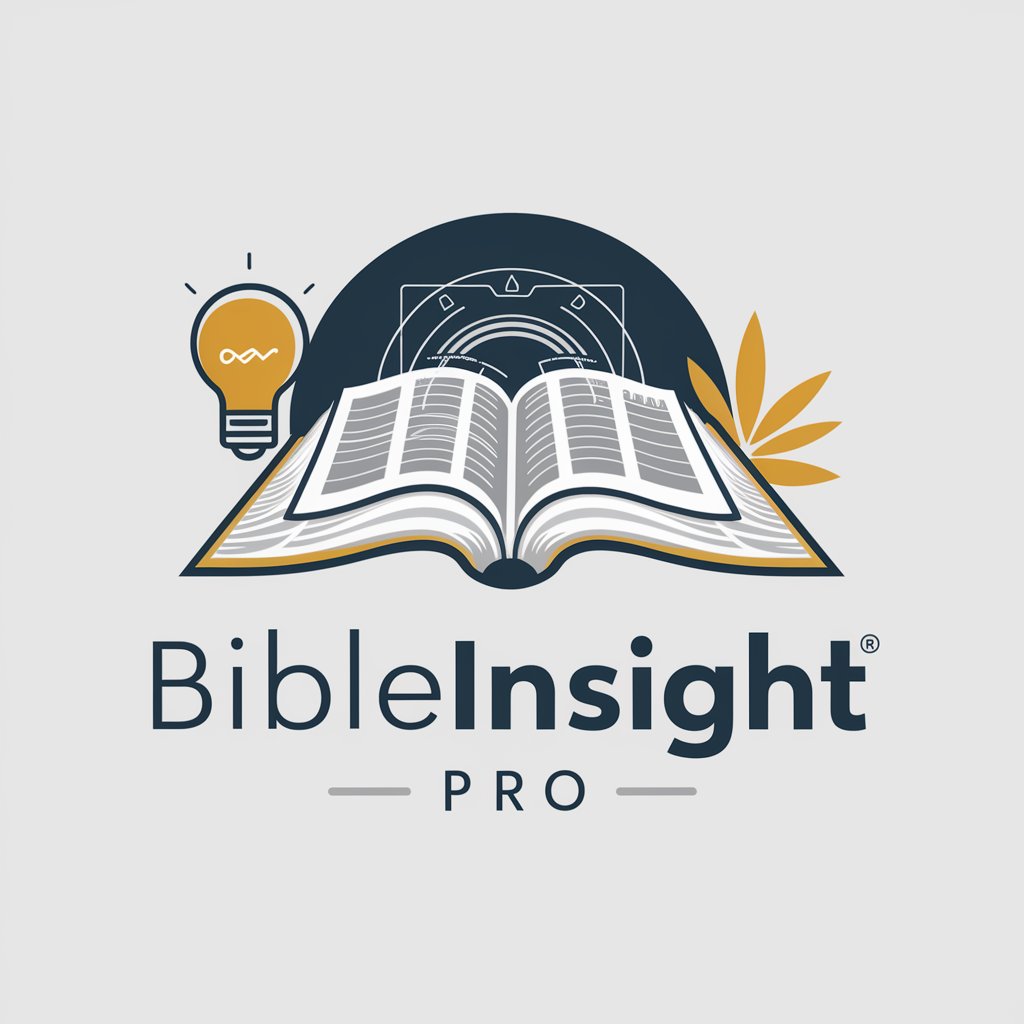
Hi there! Ready to dive into some Bible insights? 📚✝️
Tailored Bible Study with AI
Explain the cultural significance of the Parable of the Good Samaritan.
What are the different interpretations of the Book of Revelation?
Discuss the historical context of Paul's Epistles.
Analyze the linguistic nuances in the original Hebrew text of Genesis.
Get Embed Code
Bible Research with Denomination Choice
Bible Research with Denomination Choice is designed to provide users with tailored biblical insights and interpretations that align with their specific denominational preferences. This service enables users to delve into the scriptures with a focus on the theological perspectives and doctrinal nuances unique to their chosen denomination. For example, a Catholic user can receive insights that incorporate traditions and teachings specific to the Catholic Church, such as the significance of the Sacraments or Marian doctrines. Similarly, a Protestant might explore topics with emphasis on Sola Scriptura (Scripture alone) and Sola Fide (faith alone). The platform is built to cater to a wide array of denominational backgrounds, including Catholic, Protestant, Evangelical, Orthodox, and others, ensuring a comprehensive and inclusive approach to Bible study. Powered by ChatGPT-4o。

Main Functions of Bible Research with Denomination Choice
Denominational Tailored Insights
Example
Providing an analysis of the Eucharist from a Catholic perspective versus a symbolic interpretation in many Protestant denominations.
Scenario
A user from the Catholic denomination is researching the doctrine of the Eucharist. The service offers detailed explanations, historical context, and theological significance from the Catholic tradition, including references to the Catechism of the Catholic Church and Church Fathers.
Comparative Theology
Example
Comparing baptismal practices across denominations, such as infant baptism in Orthodox and Catholic traditions versus believer's baptism in Baptist churches.
Scenario
A user interested in understanding different Christian perspectives on baptism uses the service to compare practices, theological justifications, and scriptural interpretations across denominations, aiding in a deeper understanding of Christian unity and diversity.
Contextual Commentary
Example
Exploring the cultural and historical context of Paul's letters within the Protestant framework of sola scriptura.
Scenario
A Protestant user studying the book of Romans receives insights into the historical setting, cultural influences, and theological implications, all within the framework of sola scriptura, emphasizing the scripture's authority and sufficiency for salvation and Christian living.
Ideal Users of Bible Research with Denomination Choice
Theological Students
Students engaged in theological education who require a deep and nuanced understanding of biblical texts from various denominational perspectives. This tool helps them in academic research, preparing for ministry, or personal edification.
Church Leaders and Educators
Pastors, ministers, and Sunday school teachers seeking to prepare sermons, lessons, or educational materials that resonate with their congregation's denominational beliefs and practices. This service provides them with resources to address specific theological questions and offer informed perspectives.
Religious Writers and Bloggers
Authors and bloggers focusing on religious content who need to ensure their writings accommodate or address the beliefs of a specific denominational audience. This tool aids in creating content that is respectful, accurate, and engaging for readers from various Christian traditions.
Lay Christians Seeking Deeper Understanding
Individual believers looking to deepen their faith and understanding of biblical doctrines in a way that aligns with their denominational background. This service helps them navigate complex theological concepts and apply biblical teachings to their daily lives.

Guidelines for Using Bible Research with Denomination Choice
1
Start by exploring yeschat.ai for a no-cost trial, requiring no sign-up or ChatGPT Plus subscription.
2
Choose your denomination preference (e.g., Catholic, Protestant, Evangelical, Orthodox, other) to tailor the research content.
3
Utilize the search feature to find verses, commentary, and theological discussions specific to the selected denomination.
4
Review and compare interpretations and teachings from various denominations to gain a comprehensive understanding.
5
Make use of tools and resources offered on the platform for deeper study, such as cross-references, lexicons, and historical context materials.
Try other advanced and practical GPTs
Daily Tarot de Marseille Reading
Unlock Your Daily Tarot Insights

USMLE Step 1 Study Buddy - For Medical Students
Master Medicine with AI-Powered Insights
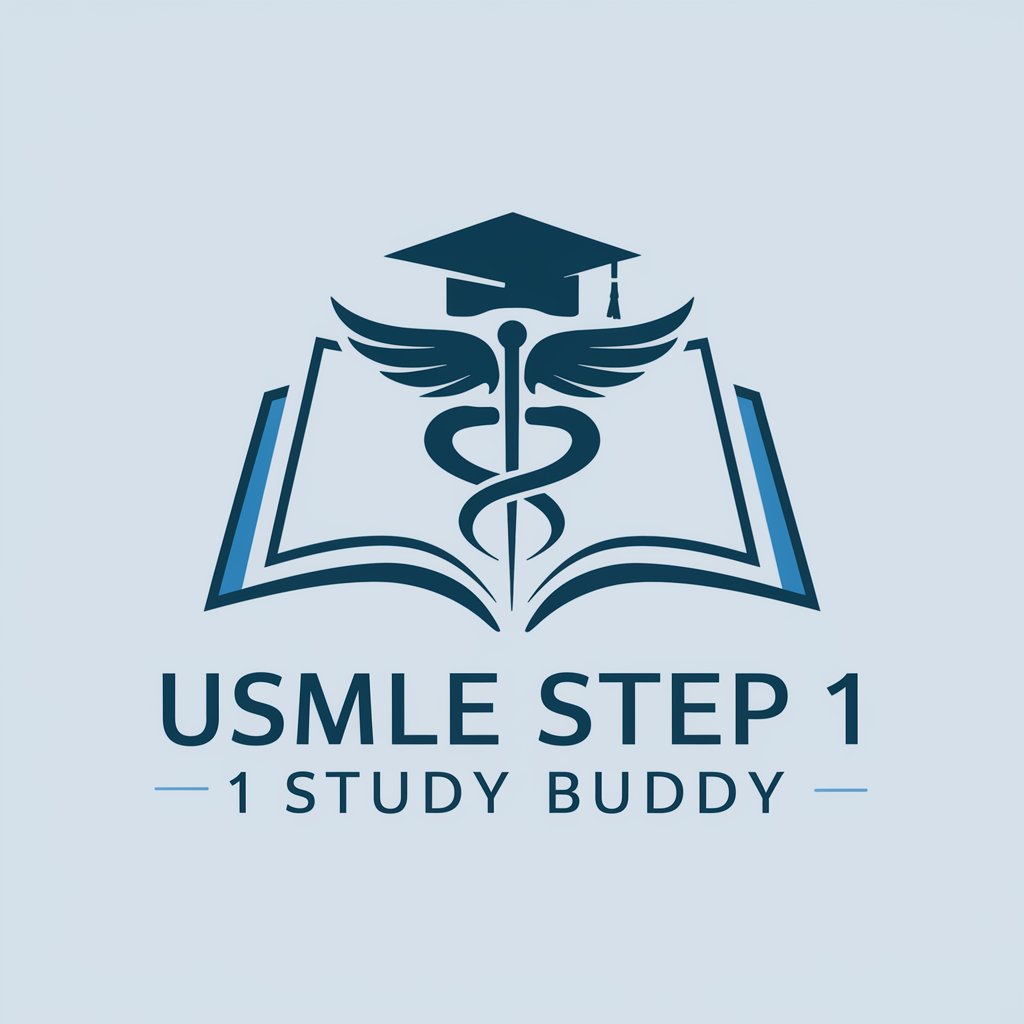
AI JourneyMate Food!
Tailoring your travel taste journey.
Direct Quotation Specialist
AI-powered academic citation assistant.

Chat Your Own Adventure: Save the Titanic
Rewrite History with AI-Powered Decisions

SEO-Focused Affiliate Marketing Assistant
Empowering your content with AI

Roast My Wrapped
Where AI meets musical mockery.

Cartoon Pet Avatar
Turn your pet into a Disney character with AI

SaulGPT
Your Witty Legal Assistant, AI-Powered

Build a Brand
Transforming words into visual identity.

A Wonderful and Super Cloud Architect
Elevate Your AWS Journey with AI Expertise

Taiwan Labor Law Guide
Deciphering Taiwan's Labor Laws with AI Precision

FAQs on Bible Research with Denomination Choice
What is Denomination Choice in Bible Research?
It allows users to filter content and resources based on their religious denomination, ensuring relevant theological perspectives are highlighted.
Can I change my denomination preference?
Yes, users can update their denomination preference at any time to explore different theological interpretations.
How does denomination selection affect my research?
It customizes the search results and commentary to align with the theological views of the selected denomination, providing a more tailored study experience.
Are there resources for non-denominational users?
Yes, the platform includes a wide range of non-denominational resources, catering to those seeking a more general Christian perspective.
How can I maximize my study using this feature?
Engage with the variety of tools available, participate in community discussions, and compare insights across different denominations to enrich your understanding.
